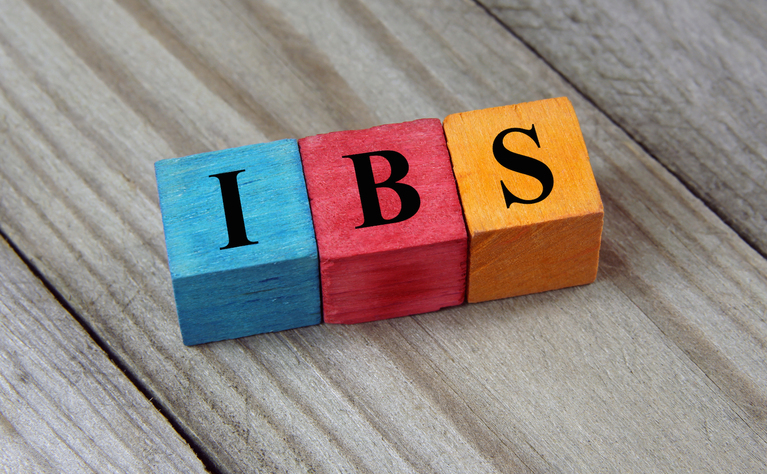IBD and IBS may share similar sounding names and some similar symptoms but they are, in fact very different conditions.

IBS is a common (it is thought to affect at least 10-20% of adults in the US) functional disorder of the colon which results in chronic, painful spasms which can move from one location to another. Unlike IBD, IBS does not cause inflammation, however it can result in some similar symptoms to IBD - such as cramping, bloating, diarrhoea and constipation - which is why people can sometimes be wrongly diagnosed with IBS when they actually have IBD.
Because IBS does not lead to disease or cause any inflammation or ulcers it doesn’t do any damage to the bowel, cause intestinal bleeding or harmful complications which can be seen in IBD. When examined the bowel of someone with IBS looks normal - it just isn’t functioning in the correct way.
IBS rarely requires hospitalisation and treatment doesn’t normally involve surgery or powerful medications which can be used to treat IBD, however it can be an incredibly uncomfortable and distressing condition and severely affect the sufferer’s quality of life.
Some people with IBS find that certain things can trigger their symptoms such as certain foods, medicines and emotional stress - and treatment can involve changing diet and lifestyle to avoid these things.
The cause of IBS is not known, therefore there is no cure. It is not a life-threatening condition and does not make you more susceptible to other bowel conditions.
Symptoms of IBS include:
As IBS is a functional problem it is not possible to diagnose IBS with a visual examination. Instead a diagnosis is based on a series of symptoms.
Because it is not understood what causes IBS the treatments vary greatly from person to person. Some people can control their symptoms with diet while others need to use medications or decide to see therapists which specialise in anxiety, relaxation or other copying strategies.
Inflammatory bowel disease (IBD) is much rarer than IBS and can lead to very serious complications. Around 1 in 5 people in the US has IBS whereas about 1 in 200 people has IBD.
IBD is a chronic (lifelong) autoimmune condition in which parts of the gastrointestinal tract (the gut) become inflamed which can cause damage. This damage and inflammation is often visible on endoscopy tests.
Where you get the inflammation depends on which type of IBD you have. The main two types of IBD are Crohn’s disease and ulcerative colitis (UC). There are also subtypes of these diseases.
IBD symptoms vary greatly depending on the type of IBD the person has, but they commonly include:
As with IBS the exact causes of IBD are not known, however it is known to be an autoimmune condition in which a person’s immune system attacks healthy cells in the body by mistake. Because the exact cause of the disease is not known then there is no cure and treatments vary widely.
Strong medication is commonly used to help control symptoms and it is not uncommon for someone with IBD to have surgery to remove parts of their bowels.
Some people are diagnosed with both IBD and IBS as they continue to have symptoms such as diarrhoea and bloating even when their IBD is in remission.